Rapid Naming and Dyslexia Symptoms
February 10th, 2014[vc_row][vc_column][vc_column_text]
Does Rapid Naming Have Anything to Do With Dyslexia Symptoms?
Rapid naming is another aspect of phonologic processing. It is the phonologic access, the ability to retrieve easily and rapidly verbal (phonetic) information that is held in one’s long-term memory. This ability to retrieve the stored information rapidly is directly related to the type of process that one goes through when they are reading. A child or adult must be able to access and retrieve the stored phonemes and/or word or word chunks that are stored on their memory at a quick rate in order to make sense of the written word.
![]()
Difficulty with rapidly automatically naming a series of objects, numbers, letters, or colors shows that reading difficulties are not just a difficulty with the phonological process (phonemic awareness). When the phonological component was taken out of the test, the speed-of-processing or accessing the information emerged as a stronger predictor of reading performance than phonological awareness tasks were.
From these studies, we can conclude that there are several areas that need to be addressed when working to improve reading skills. Phonological awareness and processing is one subset of the multiple processes involved in reading, but it is not the only process involved. Visual naming of objects, letters, numbers, and colors represents an array of other skills that are involved with successful reading. These other skills include attentional, perceptual, conceptual, memory, lexical, and visual sequential processing.
Snyder and Downey (1995) report from the Denver Reading Study that the accuracy rates of those with reading difficulties and of those with normal achieving readers were not significantly different. The only significant difference noted was the reaction time and production duration; the readers with reading difficulties has significantly longer reaction times and production durations.
Solutions to Reading Fluency and Rapid Naming
The good news is that rapid naming practice alleviates several dyslexia symptoms quite rapidly. Studies from the University of Fl have shown that short sessions are over a period of several days are more effective than long sessions.[/vc_column_text][/vc_column][/vc_row]
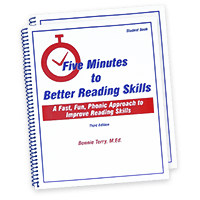
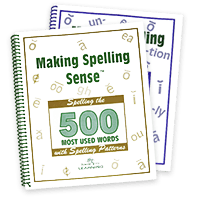
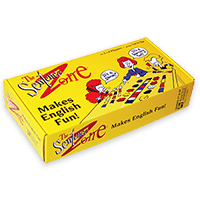
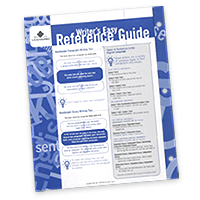
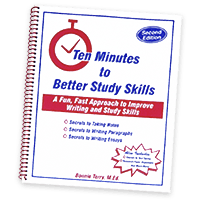
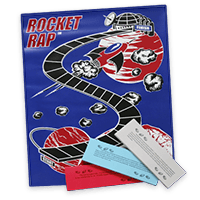
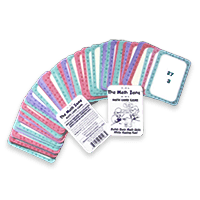
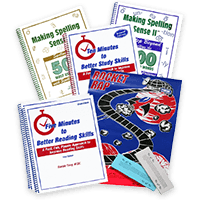
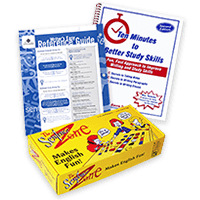
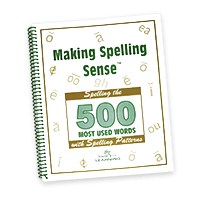









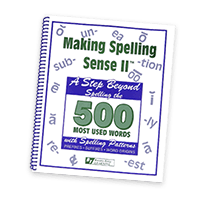
My child has the above and needs help
Using the five minutes to better reading skills will help this. Let me know if you’d like a complimentary 30 minute consult where I can give you additional suggestions.
Bonnie Terry, M. Ed., BCET